Notice how we all care so much more about what companies are actually up to? It is no longer all about the products. Corporate sustainability nowadays implies operating a business with an eye on the environment, people, and good governance. It is much more than recycling bins, or a charity event every now and then. It covers everything from how a company uses resources and treats its employees to how it manages itself overall.
In 2025, this isn’t just a good idea. It’s a make-or-break for how people see your brand and where you stand in the market. Consumers desire to purchase products of companies which are willing to take care of the world and society. Investors are also investing in companies that have a good ESG (Environmental, Social, and Governance) performance. And governments are cracking down on everything including carbon emissions to diversity in the workplace. If a brand isn’t taking sustainability seriously, it risks falling behind with customers, investors, and even regulators.
Know More About Corporate Sustainability
- How Businesses Can Highlight Their Green Efforts Through Sustainability Events?
- Understanding Environmental Sustainability: A Path Towards a Greener Future
The Numbers Speak: Sustainability’s Power
The data is pretty clear on this. Being sustainable isn’t just a talking point; it actually helps your business:
- Brand Loyalty: A significant portion of younger consumers, including over 70% of Gen Z and Millennials, prefer to buy from brands that align with their values, particularly in terms of environmental and social responsibility.
- Bringing in New Customers: Brands known for being sustainable tend to attract new customers faster. One recent survey found that a surprising.
- Influencing Buying Choices: ESG ratings are popping up everywhere now, and both everyday shoppers and business buyers use them to make decisions. Companies with higher ESG scores often win more contracts and partnerships.
How Sustainability Makes Your Brand Stand Out
Now sustainability is a game-changer. No longer is it all about the quality of your product or the price. The brands demonstrating a genuine interest in ESG create trust and a stronger relationship with the audience.
- Emotional Connection: When customers believe that a brand has something good in its name, customer retention is highly probable.
- Sustaining Trust: By actually following through on your sustainability pledges, you create loyal adherents that do not become outdated.
Look at these examples:
- Unilever: Their “Sustainable Living” brands are actually growing faster than their other products.
- Nike: Their focus on recycled materials and social programs has really won over younger buyers.
Tata: Known for ethical business and community work for ages, Tata’s reputation has helped them open doors in new markets.
Marketing’s Role in Being Sustainable
Marketers are key in telling a company’s sustainability story. However, it is not a matter of a couple of ads. It implies collaborating with teams throughout the entire company, such as those responsible in social responsibility, operations, supply chain, and HR. This will make sure that what you are saying actually corresponds with what the company is practicing.
The greatest brands do more than check boxes. They ensure that sustainability is central to their mission and that they incorporate this aspect in their overall corporate culture. Marketers are required to communicate what they are actually doing and not what they promise.
Success Stories: Brands That Live and Breathe Sustainability
Here are some brands that have truly made sustainability a part of who they are:
| Brand | What They Did | Outcome |
|---|---|---|
| Patagonia | Built their whole business around environmental activism | Super loyal customer base, strong growth |
| IKEA | Invested in renewable energy, circular design | Saves them money, customers love the brand |
| The Body Shop | Focused on ethical sourcing, fair trade | Globally recognized, customers really trust them |
| ITC (India) | Big on water management, supporting farmers | Goodwill in rural areas, strong rural sales |
| Tata Group (India) | Long history of social programs, ethical governance | High trust in India and abroad |
| FabIndia (India) | Supports local artisans, sustainable products | Built a strong, loyal customer group, popular in cities |
What’s New in Sustainability in 2025?
Things are moving fast in the sustainability world:
- Carbon Labeling: You’ll see more brands showing the carbon footprint of their products right on the packaging.
- Impact Dashboards: Companies are using real-time dashboards to show their ESG progress to customers and investors.
- AI Tools: Artificial intelligence is stepping in to help companies track, measure, and report their ESG data more accurately.
- More Regulations: New rules, like the FTC’s Green Guides and the EU Green Claims Directive, are making it much riskier to make vague or false sustainability claims.
What to Expect at the Mint Sustainability Summit
The Mint Sustainability Summit is happening right here in Delhi. It’s a fantastic opportunity to:
- Hear from Leaders: Learn directly from top executives who have successfully woven sustainability into their brand strategy.
- Join Discussions: There will be panels and roundtables on topics like “Sustainability as Strategy,” “Purpose-led Branding,” and “Winning Consumer Trust Through Action, Not Ads.”
- Get Practical Advice: Hear directly from CMOs who have made sustainability a key driver for their brand’s growth. You’ll only find these ideas at the Mint Sustainability Summit.
Corporate sustainability isn’t just a “nice-to-have” anymore. In 2025, it’s truly the difference between brands that stand out and those that simply fade away.
Frequently Asked Questions
What is corporate sustainability in 2025?
Corporate sustainability means integrating environmental, social, and governance (ESG) practices into all aspects of business operations and strategy.
Why is sustainability important for brands today?
It builds trust, attracts loyal customers, secures investment, and ensures compliance with growing global regulations on ESG practices.
How does sustainability impact brand loyalty?
Consumers, especially Gen Z and Millennials, support brands that reflect their values leading to deeper loyalty and long-term relationships.
Which companies are leading in sustainability?
Patagonia, IKEA, Tata Group, and The Body Shop stand out for embedding sustainability into their core values and business models.
What role do marketers play in corporate sustainability?
Marketers communicate real ESG actions, align messaging with company practices, and help build brand credibility through transparent storytelling.
Ready to take your brand to the next level? Connect with us today to explore how HT Media can amplify your presence across our diverse portfolio of 25+ brands and properties. Let's turn your brand vision into reality!

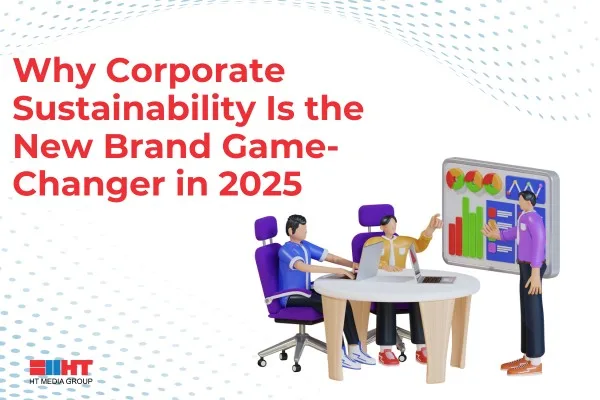

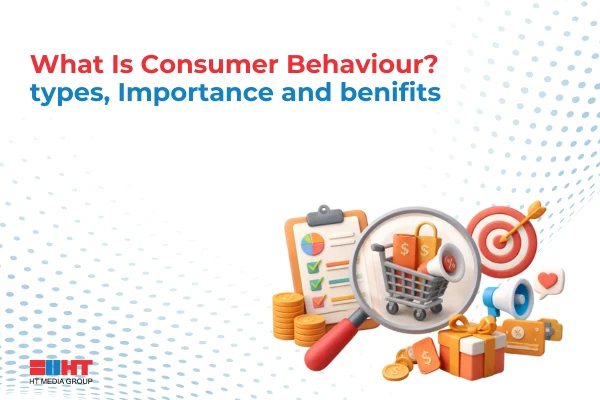
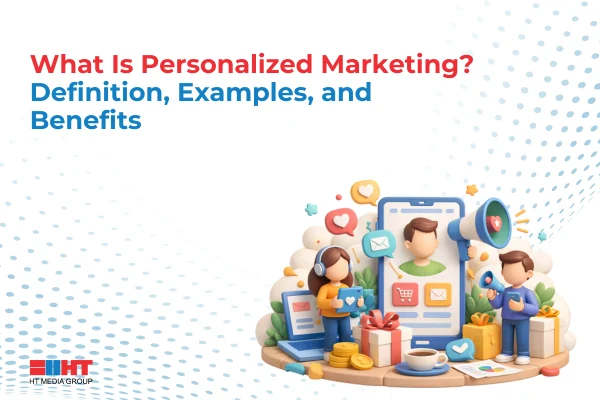
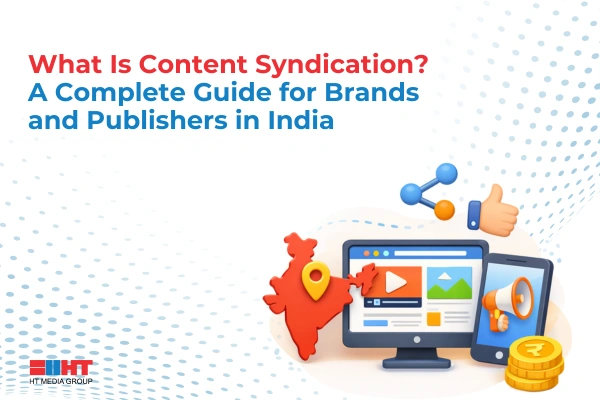
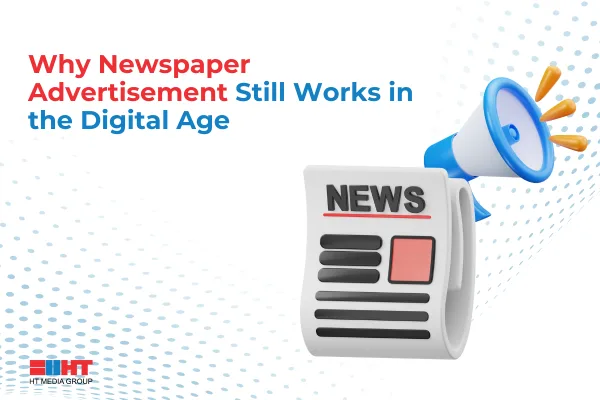



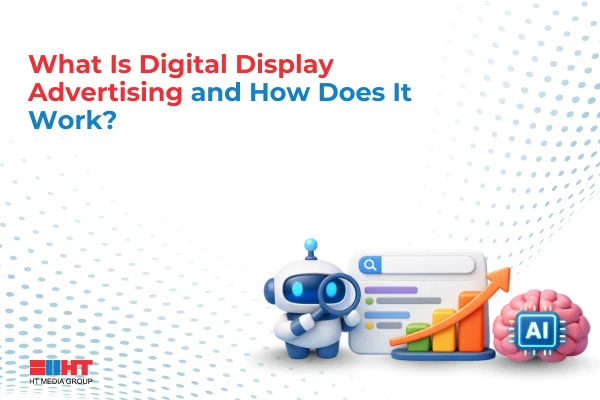
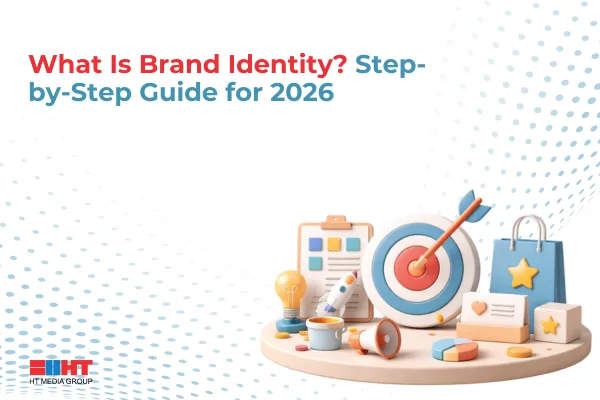
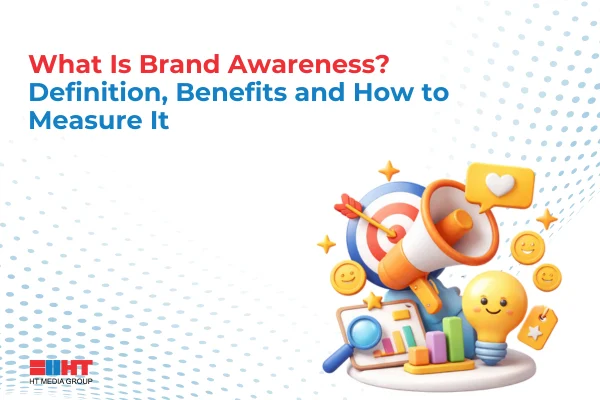
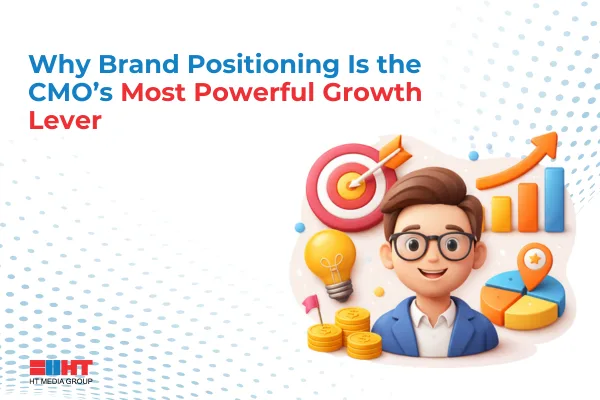
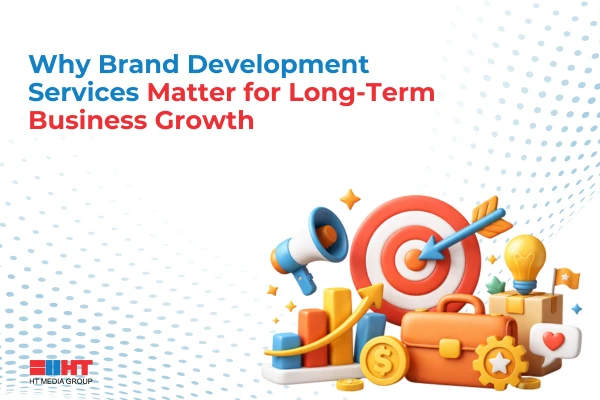
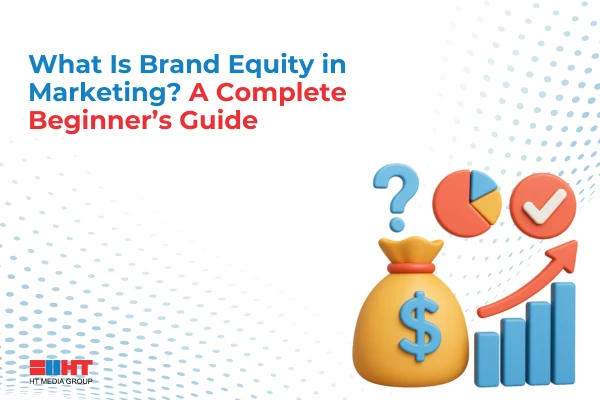
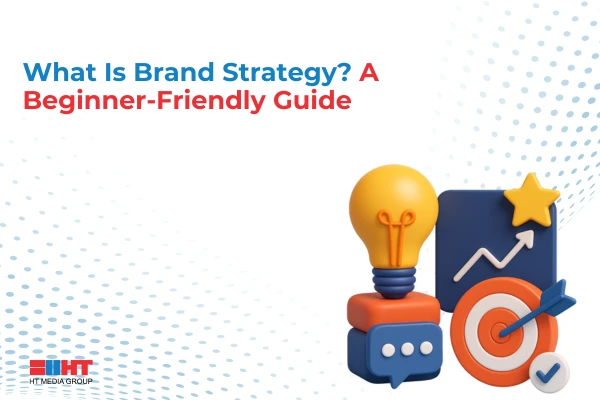
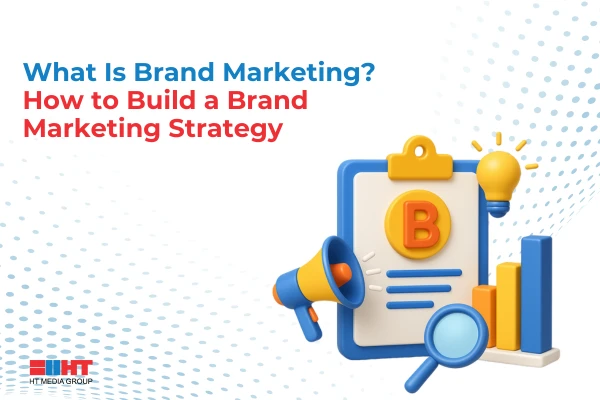

Comment